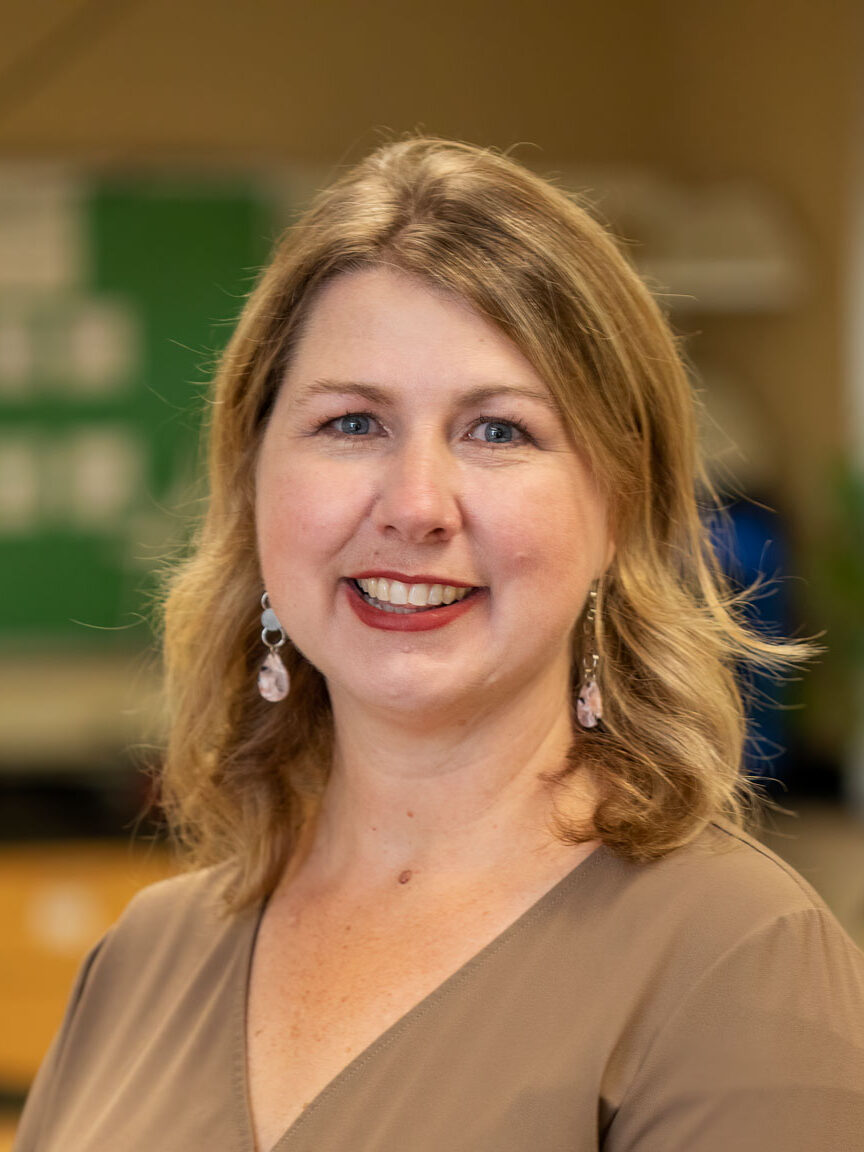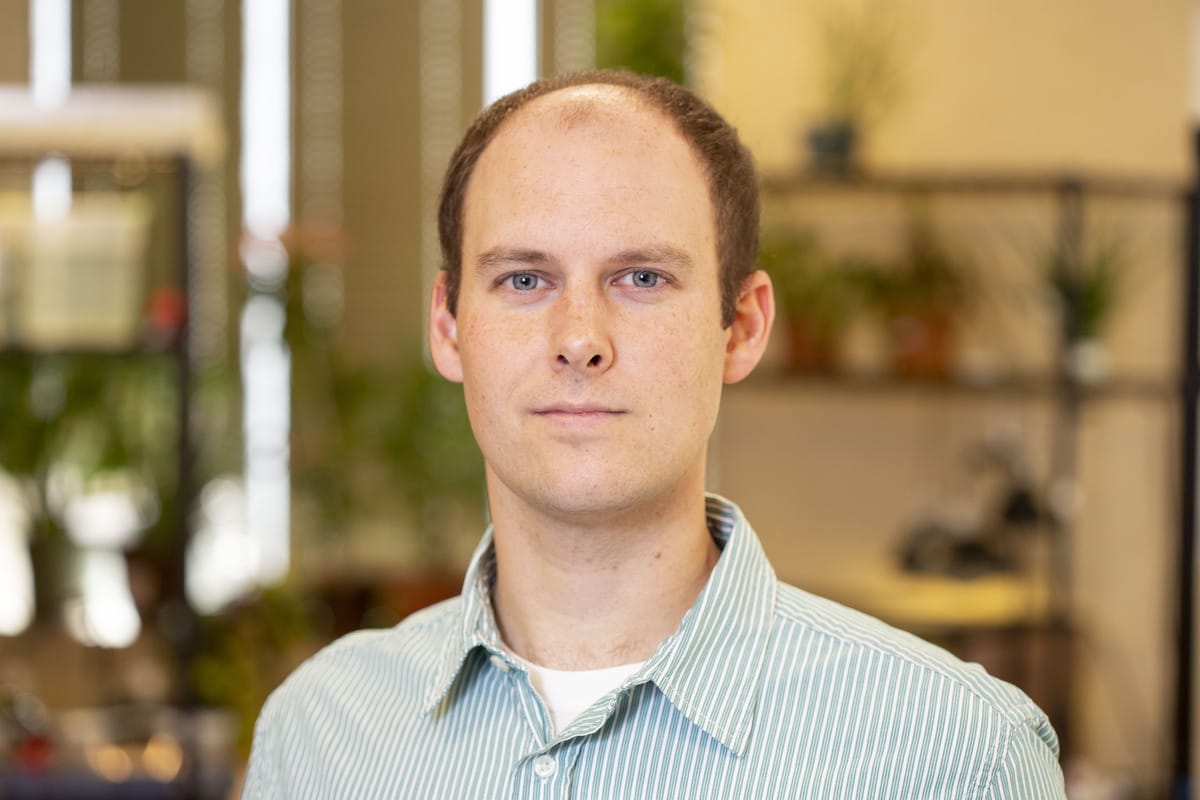A few years ago, back when YA dystopias were all the rage in literary circles, a friend of mine suggested I read Divergent. Divergent’s story takes place in a post-apocalyptic Chicago were all humans are divided into factions based on one of five personality traits: Bravery, Intelligence, Honesty, Kindness, and Selflessness. However, the main protagonist Beatrice “Tris” Prior is revealed to possess a mix of dominate personality traits, making her “Divergent” and thus a threat to the status quo. As one would expect from a YA thriller, angsty teen drama then ensues. Now, Divergent might just be a fun, easy read but it still possesses some interesting thoughts about humanity that are worth pondering.
The idea that humans are so complex, so puzzling, and so multifaceted that they can perplex even the systems built to contain them has always struck a chord with readers. I think it’s a lesson we should take into our classrooms in a very practical way. Let’s start by acknowledging just how daunting the job is. Teaching robots would be easy. Teaching humans is hard.
Don’t Box Anyone In – That Includes You!
When things are difficult, we often shift our focus to what we can easily control. Our effort and expertise become central to our identity. Like the people in Divergent, we try to define ourselves by a single idea: the content we are aiming to teach. You might say, “I am a reading teacher,” or “I teach math,” but the truth is, you don’t teach reading, math, science, social studies, or any other content area. You are divergent, and you teach students – who themselves show varying degrees of interest, aptitude, and background knowledge.
If we continue to limit ourselves by what content we’re prepared to teach, then we are doing a disservice to our students as well as the profession of educator. We must instead define our jobs in terms that are much more impactful, albeit more uncertain. Your responsibility isn’t to teach students what you know. This would simply result in a stagnant civilization. No, your responsibility is to prepare students for careers that don’t even exist yet!
Learning is Boundless!
If you take this view of teaching, then focusing on the content becomes less important since you don’t yet know what content they’ll need. Instead, focus on the students themselves. Try these for starters:
- Share your passions and guide them toward finding passions of their own.
- Help them recognize and sharpen their own intrinsic skills.
- Make sure they know that they matter and are worth your time.
- Show them they can still improve in areas they’re not particularly strong.
- Foster a love of learning so that they yearn for knowledge.
- Encourage them to experiment with new hobbies, technology, and ideas.
- Don’t give them all the answers; challenge them to discover.
- Remind them that nothing is set in stone, everything changes.
- Try combing subjects. Can they write a song about math? Or present the science behind a historical building?
- Take an interest in their lives outside the classroom.
Study your content. Know it deeply. But when you are ready to impart your wisdom, remember that it’s not about whether you taught the material; it’s about whether they learned it, and what they will do with it when they leave you.
What about you? How do you expand the scope of your teaching? How do you encourage individual students? Feel free to share your strategies in the comments below!
*Content for this blog was drawn from the writings of Terra Tarango.
*Today’s Image comes from Divergent by Veronica Roth. Get your copy today!


